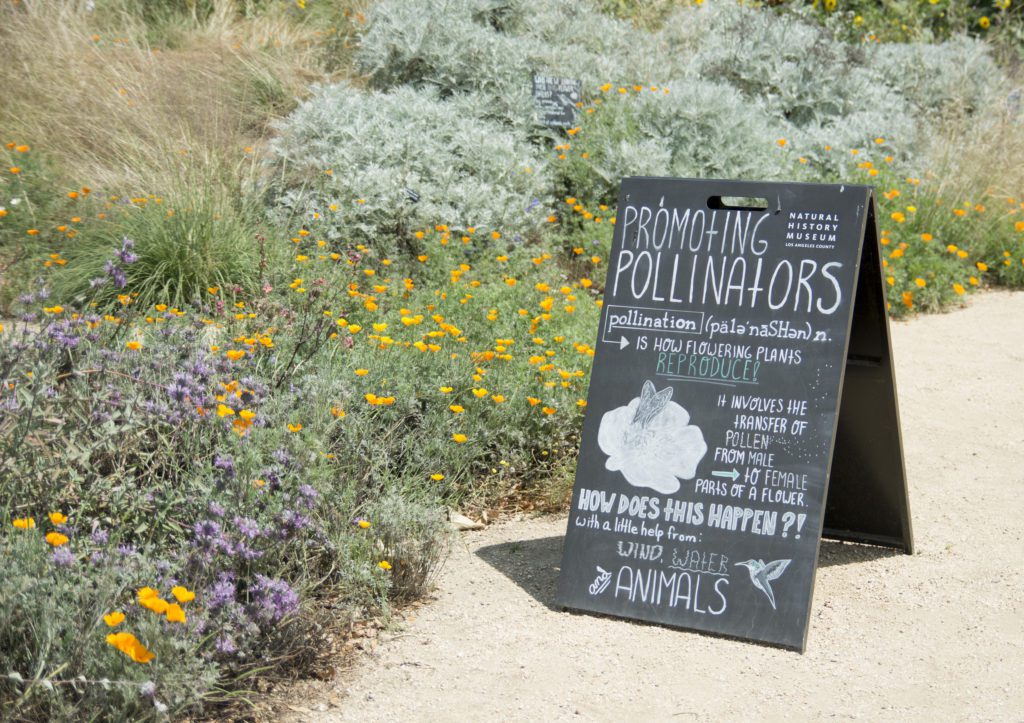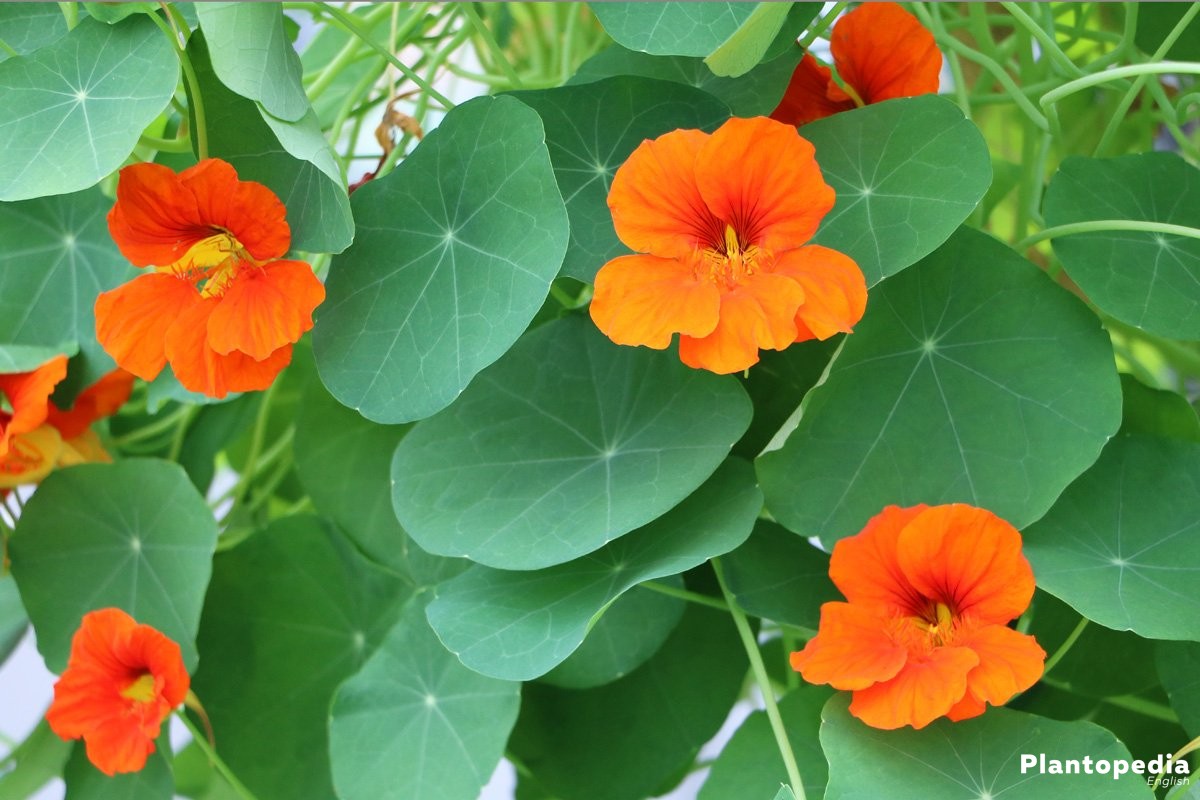Create a Pollinator Garden:
🦋Attract bees, butterflies, and hummingbirds🐝

With our increasingly altered and polluted natural world, pollinators
can use all the help we have to offer. A healthy population of
pollinators like bees, butterflies, moths, birds, bats, and even ants
are the backbone of all life – and our food systems!
Pollinators are considered a keystone species group.
The National Geographic Society describes a keystone species as
“a plant or animal that plays a unique and crucial role in the way an
ecosystem functions. Without keystone species, the ecosystem would be
dramatically different or cease to exist altogether.” Did you know that
pollinators are directly responsible for one-third of all food that
humans consume, including everything from fruit and veggies to coffee
and chocolate?
You’ll have to decide which style or way of incorporating plants for
pollinators works best for you. This will depend on your climate, space,
and the types of plants you choose too. Even if you don’t have a true
“garden” space but have access to an outdoor patio or balcony, you too
can have a pollinator garden! Many of the plants included on this list
do very well in containers. Just make sure you choose plants that are
native to your area.
For more information on pollinator gardens, please click here.
🐞🌻🐛
Some Flowers That Pollinators Love

Calendula - Calendula officinalis

Nasturium - Tropaeolum
:max_bytes(150000):strip_icc():format(webp)/red-bee-balm-plants-2132327-05-5685c59217d941899ccb26ced59b1fa6.jpg)
Bee Balm - Monarda

Coneflower - Echinacea
Coded by Rachel Graham